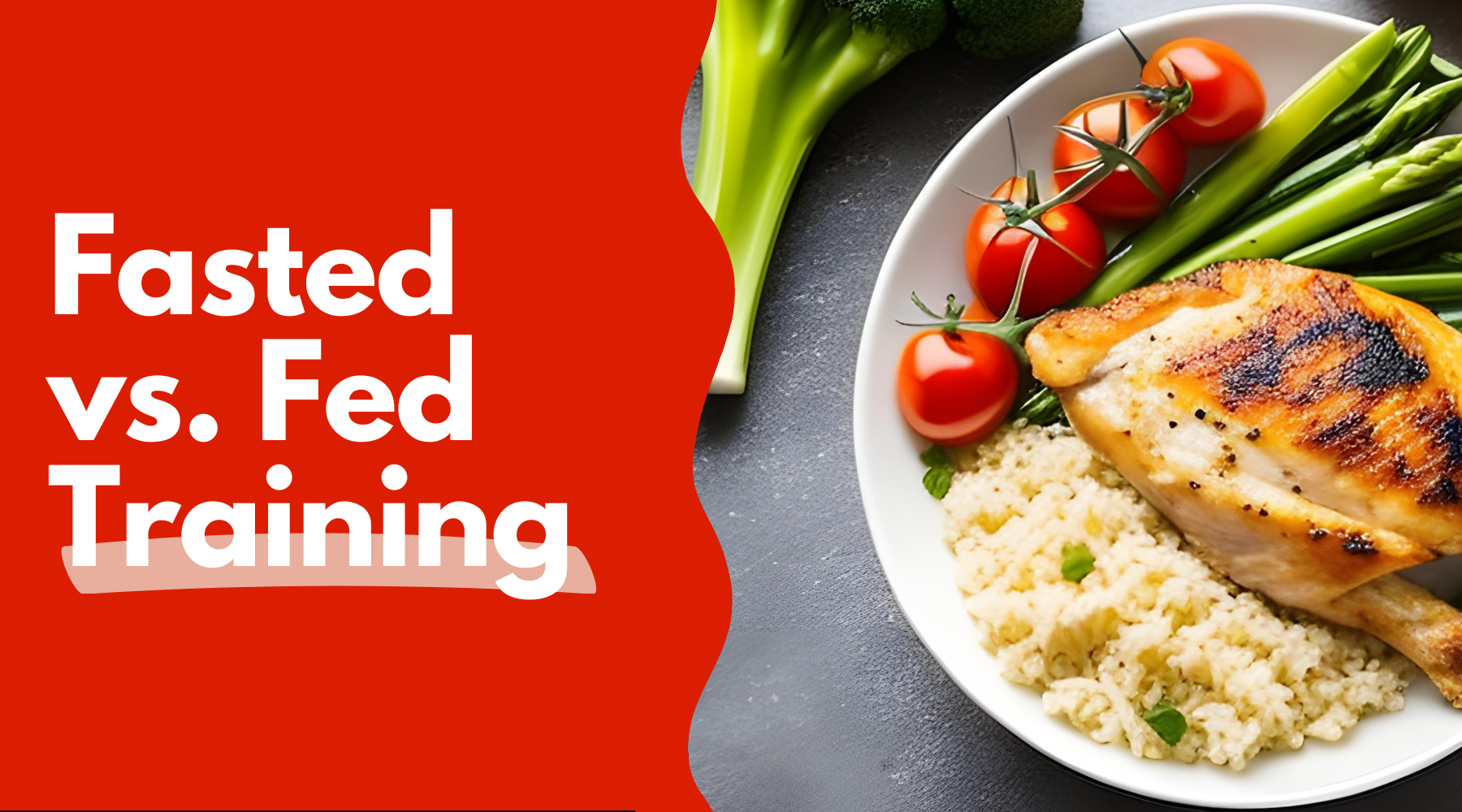In the world of fitness, one question that often crops up is whether to eat before or after a workout, or not at all. Known as "fasted" and "fed" training, these two methods have their own unique sets of advantages and applications when it comes to fat loss and muscle growth.
Unleashing the benefits of both training styles could be your key to optimising your health and achieving your fitness goals.
Fasted Training: The Power of the Empty Stomach
Fasted training involves exercising on an empty stomach, usually after an overnight fast. It forces your body to tap into its stored fats for energy, which can lead to higher fat oxidation and potentially enhance fat loss. Some fitness enthusiasts prefer this method, especially for low-intensity workouts or steady-state cardio in the early morning.
An important supplement to consider while following a fasted training regimen is Branched-Chain Amino Acids (BCAAs). They could provide the essential amino acids that your body does not produce naturally. Taking BCAAs before or during your fasted workout can help prevent muscle breakdown and fuel your training without breaking your fasted state.
Fed Training: Harnessing the Fuel from Food
On the other side of the spectrum lies fed training, which involves consuming a meal before hitting the gym. By having the nutrients readily available in your system, your body can perform at its peak and power through high-intensity workouts. This method is typically preferred for resistance training or high-intensity interval training (HIIT) sessions.
Pre-workout supplements are a common part of fed training, taken to boost energy, focus, and endurance during your workout. These typically contain ingredients like caffeine and beta-alanine. Remember to consume these with caution, as individual tolerance can vary.
Weight Training: Your Ally in Boosting Metabolism
Regardless of your training preference, one thing that remains constant is the importance of weight training. It aids in building lean muscle mass, which boosts your metabolism and helps burn more calories—even at rest. Plus, an efficient metabolism is not just essential for fat loss; it also promotes overall health by improving insulin sensitivity and stress management.
A supplement worth considering here is Creatine, known to improve strength and power output during high-intensity workouts. However, ensure you're consuming it according to recommended guidelines for maximum benefits.
Nutrition: The Key to Optimising Your Workouts
Your training style determines your pre-and post-workout meals. If you train fed, your pre-workout meal should ideally contain easily digestible proteins and carbs. Post-workout, irrespective of your training style, it's crucial to replenish your glycogen stores and provide your muscles with the necessary proteins for growth and recovery. A protein supplement can be an easy and effective way to meet this requirement.
Conclusion:
When it comes to choosing between fasted and fed training, there isn't a one-size-fits-all answer. It depends on factors like your fitness goals, body composition, and personal comfort.
Remember, supplements are aids that can enhance your performance and recovery, but they are not substitutes for a balanced diet and consistent workout regime. Listen to your body, maintain a balanced approach, and you'll unlock your true fitness potential.
As a final note, it's crucial to remember that everyone's body responds differently. What works for one may not work for another. With this comprehensive guide, make informed choices about your training and nutrition. Embrace the journey to becoming the best version of yourself.





